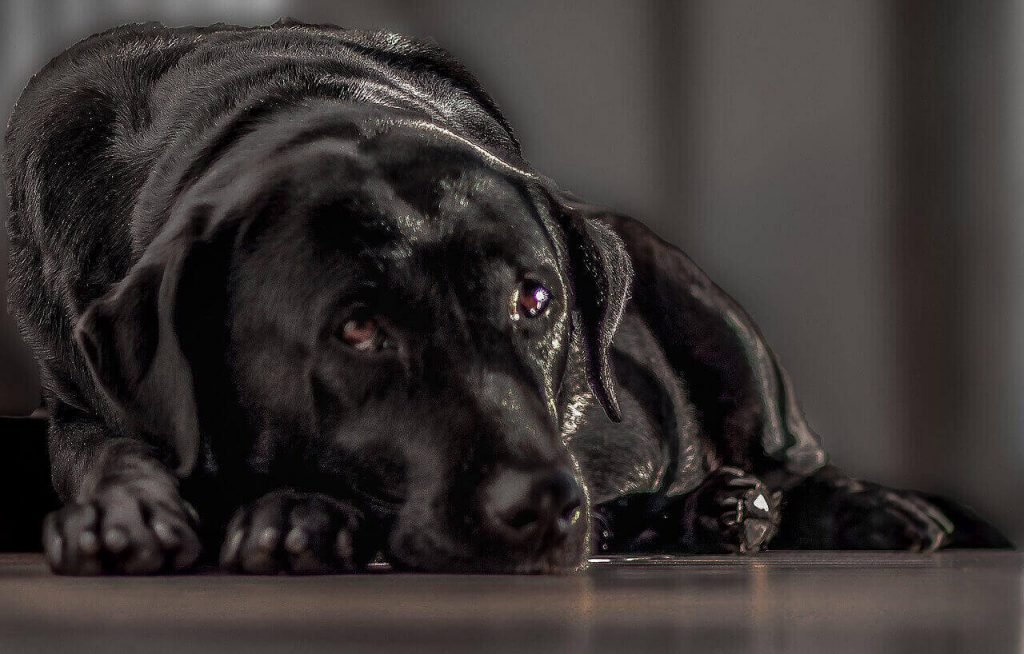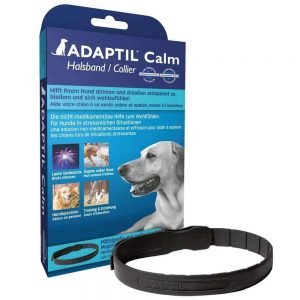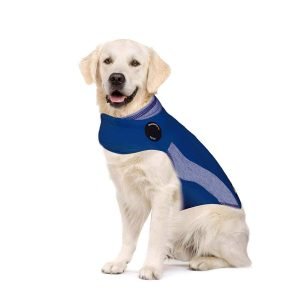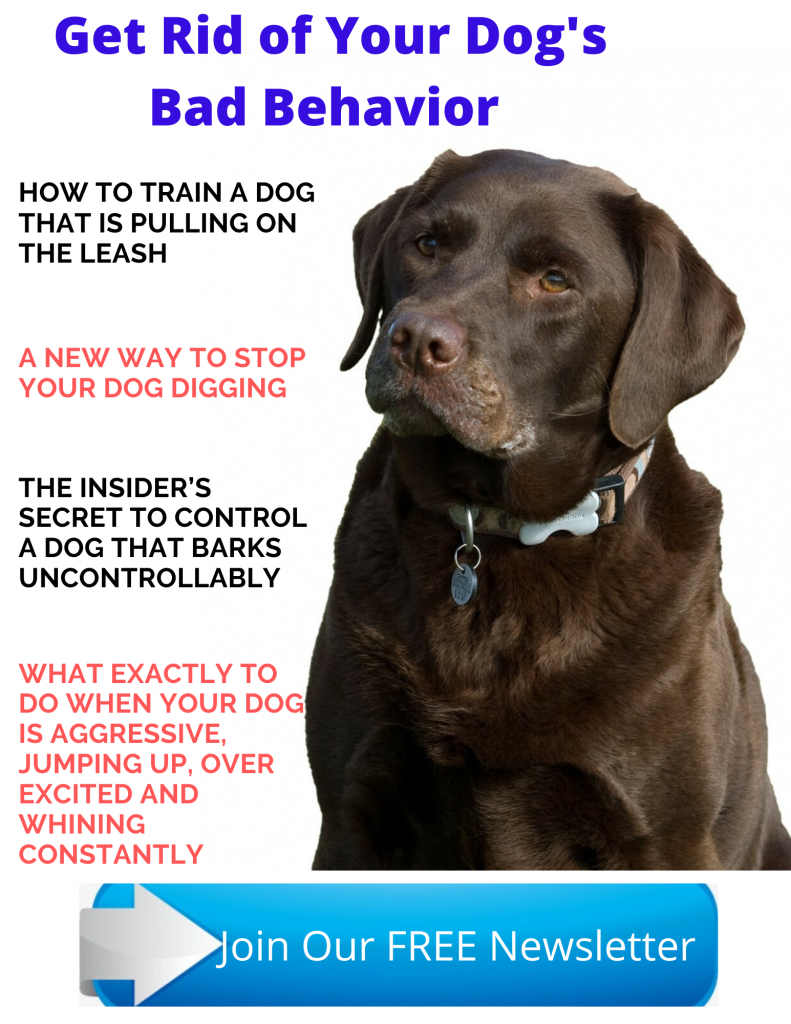A dog is never the same and its behaviour changes with age. This is common and you can observe certain behavioural changes in older dogs. Your senior dog behaviour changes with age and if these are not properly managed, they turn into behavioural problems and living with a senior dog can be troublesome.
One of the common issues every senior dog owner face is their senior dog anxiety at night. It can be painful for any dog owner when you see that your dog is suffering from anxiety and restlessness during the night.
But why does a senior dog become anxious in the night? Why is it restless? What are the best ways to treat this issue and make your elderly dog sleep happily?
Let us find out answers to all these questions in the below article
Dealing with Senior dog anxiety at night
Before dealing with the issue, it is necessary to know the root cause of this issue to resolve it effectively
Let us understand some basic questions before finding out ways to solve the problem.
When is a dog a senior?
Older dogs are called senior dogs, but what age is considered old for a dog?
Actually, there is no exact age when a dog becomes a senior because different breeds have different lifespans.
For example, Large breeds like Great Dane can be considered a senior when it reaches 6 years of age, whereas small breed like chihuahua becomes senior only when it reaches 10. I live with labradors and a labrador is likely to become a senior when it reaches 7 years of age approximately.
Hence roughly, consider your dog to be a senior when it reaches the last quarter of its lifespan.
Symptoms that your senior dog behaviour is anxious?
As your doggy friend cannot explain to you that he is anxious, you have to understand whether it is anxious or not just by observation. Anxiety in senior dogs can include some common symptoms such as
1. Excessive panting and lip licking
2. Shaking and acting nervous
3. Aggression towards others and other dogs
4. Restlessness
5. Excessive licking and biting themselves
6. Pacing
7. Yawning
8. Sweaty paws
9. Destructive behaviour and barking excessively
10. Urinating and defecating in the house
All these symptoms may not be exhibited by every dog. The presence of these symptoms depends upon the individual dog and its levels of anxiety.
Reasons for Senior dog anxiety at night
There can be many reasons for your dog’s anxiety. But when it comes to anxiety in older dogs, there are certain common causes of anxiety in them.
Have a look at your senior dog problems that trigger anxiety in them.
When your dog is in pain
When your dog reaches its old age, it can be affected by some joint related issues. It may be affected by issues like osteoarthritis that degenerates the cartilage around the joints in your dog’s body and cause pain to your dog.
Other issues like hip dysplasia and elbow dysplasia that become worse with age can also occur. These joint issues can cause pain and difficult times for your elderly dog.
As your dog can explain its pain to you, you have to observe and identify whether your senior friend is in pain. Observe symptoms such as difficulty in getting up or standing, avoiding slippery surfaces, lying down while eating and drinking and less mobility in the morning.
These symptoms demonstrate that your dog is in some kind of pain
Dementia
This is a condition of cognitive dysfunction, which generally occurs in senior dogs. Simply you can compare it to Alzheimer’s disease in human beings.
This condition may make your dog anxious in the night. Other symptoms such as confusion, restlessness, disorientation, pacing and wandering, unnecessary barking and howling can be seen in your dog.
This is one of the common problems that cause anxiety in your senior dog and this condition becomes worse day by day.
Loss of bladder and bowel control
Your dog knows that it is bad to pee or poop in the house because it is trained in that way. Hence any accidents of house soiling can bring immense guilt to your dog. I remember my dog feeling utmost guilty after peeing in the house.
As your dog progresses in age and becomes a senior one its capacity to hold urine decreases. The muscles weaken due to old age and it becomes difficult for your dog to control his bladder and bowel movements. But your dog knows that its behaviour is wrong and unacceptable, but it can’t help it.
These kinds of situations can bring immense stress to your dog and can make your dog very anxious. When a senior dog has the urge to pee or poop during the night time, it starts to become anxious and nervous.
Blindness and deafness
Here I do not mean complete blindness and deafness. Loss of senses partially or completely in old age can contribute to anxiety in senior dogs. When the dog cannot see or hear properly especially during the night when it is dark all over, the dog gets worried.
Understand the situation of a dog when it can’t see and hear anything. This is one of the major factors that cause anxiety in senior dogs.
During these times a dog prefers to stay near its owner to feel safe. But in case if you move away from your dog, its separation anxiety increases.
Anxiety due to a new environment
Your senior dog may not be comfortable in a new environment or around new persons. Moving your dog to a new place or exposing your dog to new people can trigger sudden anxiety and aggression in them. Remember your dog is not the same little puppy which gets excited for new things and for new persons. Your doggy friend is a senior now.
Even though your dog might have a friendly nature, it may not prefer new people and new surroundings in its old age. Any new kind of sounds and noises can also cause anxiety in your dog and they may turn into noise phobias for your dog.
This may not happen in dogs that have lost their hearing ability, but it generally happens in senior dogs which still can hear well.
Other senior dog health problems
As your dog grows in age it becomes susceptible to various health problems.
Many health issues such as urinary tract infections, gastrointestinal problems, heart disease and kidney disease can affect your dog and can cause anxiety in your pet.
Resolve your senior dog anxiety at night
It is essential to adopt ways to reduce anxiety in your senior dog. It is because when your dog stays restless and anxious for a prolonged period of time, it can have a significant impact on its health.
You might be noticing issues such as your older dog whining at night or your old dog panting and pacing at night. All these anxiety symptoms such be noticed in the beginning stages itself before the problem gets too worse.

Before beginning any kind of treatment to resolve anxiety issues, it is important to contact your vet to rule out any possible health conditions that are triggering anxiety in your senior friend. It can be heart disease or kidney disease or any kind of cancer. As there are a list of old dog problems that can be causing anxiety in them, it is important to identify if any serious health problem is the root cause.
If there exists no serious health problem, you can resolve its anxiety which is mostly caused due to behavioural issues and age-related problems. Have a look at the 6 ways you can resolve the anxiety issues
1. A proper place to sleep
It is important to provide a proper place for your senior dog to sleep. The place should be cool with no external disturbances. External disturbances especially during night time such as other dogs howling, any other activities can cause a lot of disturbance to your dog can in turn cause anxiety in him.
If your dog’s capacity of vision is reduced, it is better if you keep the light turned on in your dog’s room as the shadows of some objects may seem spooky to your dog during the night.
Install some led night lights in your dog’s room to keep them turned on the whole night.
2. The proper place for a crate
If your dog is crate trained and if a crate is your dog’s normal sleeping place, it is advisable to keep the crate nearer to you as much as possible.
Dogs, I mean the senior ones suffer from separation anxiety in its old age, especially during the night time. You won’t be visible to your dog during the night time and its senses are not so effective, hence it may get scared and suffer from separation anxiety.
Hence if your dog sleeps in a crate, it is better to position the crate in your room. You can give your unwashed clothes to your dog, as it can create some sense of security for your dog.
3. Helping dogs with dementia
If your dog has dementia, you can adapt some ways to make life easier for him.
Like, Increase the amount of Omega 3 fatty acids and antioxidants in your dog’s diet. They prevent cellular damage in the brain due to free radicals and stimulate the functioning of the brain.
You can add some fish liver oil capsules in your dog’s food.
Some times people observe their senior dogs waking up in the night, moving around and getting stuck in the corners. Hence it is advisable to reduce the amount of free space for your senior dog especially if has dementia. Allow him to sleep in a small room and do not give him the facility to roam inside the entire house. The symptoms of canine dementia become worse at night because your dog cant receive your presence and love the whole night and this may increase anxiety and restlessness in your dog.
Hence it is better to use some calming aids for your dog. Using an Adaptil collar has worked very well for many dog owners in reducing dog anxiety.
The collar releases dog pheromones which induce a calming effect on anxious dogs.
Use a Thundershirt for your dog to reduce anxiety. A Thundershirt applies constant pressure on the body and calms the nervous system by creating a sense of safety for your dog. This is similar to swaddling babies.
4. Follow a daily routine
Do you know that dogs love patterns? They feel more comfortable in following patterns and daily routines. And this is necessary especially for senior dogs.
Senior dogs get stressed if there exist changes in daily routine and regular patterns. These changes can make your dog quite anxious and stressful as it is difficult to adapt to new patterns at that age.
Hence it is always better to stick to your dog’s daily routines to make him stay calm and comfortable. Changes in timings, food patterns, places of eating and other changes can easily stress your senior dog, hence it is better to avoid such things.
5. Other calming aids
You can use calming aids such as pheromone diffusers and white noise machines. These can be used as daily routines to reduce anxiety in senior dogs.
Some owners use medications such as melatonin to reduce anxiety in dogs. This should be done only after consulting your Vet.
Even if you use medicines like melatonin, some dogs respond well to melatonin, whereas some don’t. Hence you can use some natural calming tablets to treat anxiety related issues in your senior dog.
6. Acupressure
Acupressure also works very well for anxious dogs if performed properly. Acupressure is a form of alternative medicine that works on the principle of applying physical pressure on certain points in the body to stimulate the body’s self-healing capacity.
Your dog will love this acupressure and will surely relax and enjoy your touch. It is important to locate the proper acupressure points in your dog’s body before starting this treatment.
“We would Love to hear from You. Ask your Questions and Share your views in comments”
To Unlock Your Dog’s Hidden Intelligence Click Here
To Train Your Dog to Behave Obediently With Simple Games Click Here




